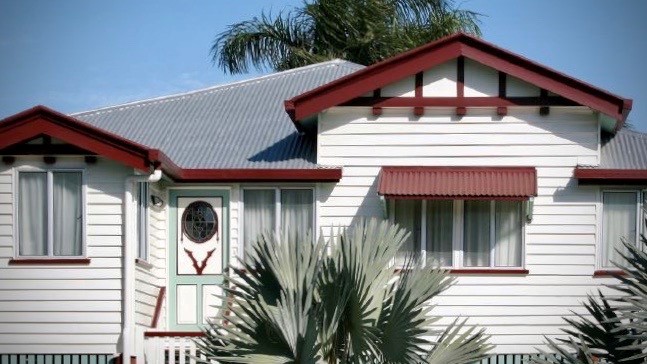-
When Covid-19 forced New Zealand into lockdown in March, there was a huge surge in customers seeking help with their lending.
ANZ responded by giving customers repayment deferrals on almost 25,000 home and personal loans, where customers faced Covid-related hardship.
Since then ANZ has seen the number of loans on repayment deferral decline by over 30% to around 17,000, with fewer customers now struggling to make repayments.
As the initial 6-month loan repayment deferral period comes to an end, ANZ’s Head of Mortgages Glenn Stevenson answers some key questions.
The initial 6-month loan repayment deferral period is coming to an end for many people – what does that mean for them?
ANZ has been checking in with customers to see how they are faring and to give support where we can to help them manage their finances.
From these conversations, it seem likely that 5%-10% of these customers will need further assistance after the initial deferral period ends.
We are talking to these customers about all the options, such as extending the loan term or switching to interest-only repayments. These alternatives may have less impact on the loan over the longer term compared to continuing a repayment deferral.
We are working with customers to ensure loan repayment deferrals are only granted when needed, when they benefit the borrower and when there is a reasonable prospect the customer will be able to resume payments when the deferral period ends.
Some Real Estate agents are saying banks are being "ultra-conservative" in their home lending approvals since Covid-19 hit. Is this true?
We’re still ready to support customers into their new homes. But as always, we have to make sure we’re supporting customers to make good borrowing decisions – particularly with higher LVR lending.
NZ banks have substantially reduced interest rates, reduced serviceability assessment rates and most have increased their maximum lending loan-to-value-ratio (LVR) percentage following the Reserve Bank temporarily removing LVR restrictions.
If you compare this July to previous years, the NZ banking sector gave more than $6.5b of home loan commitments. This is the largest July month since 2016.
How are home loan borrowers reacting to the current low interest rates?
Most customers are choosing fixed rates over the flexibility of floating rates, and generally for shorter terms of up to two years.
We have also seen an increase in interest from first home buyers as a result of current low interest rates.
First home buyers tend to have a smaller deposit and therefore typically are borrowing more than 80%.
These borrowers need to show that they have good residual income after loan repayments and expenses as a sign that they can withstand any adverse changes in their household financial situation.
When it comes to people looking to break and re-fix their loans, we saw a big increase in enquiries when interest rates started to reduce significantly after the 75bp reduction in the Official Cash Rate in mid-February.
But there haven’t been large numbers of customers seeking to break and re-fix their loans in recent months.
{CF_IMAGE}
Will there be more mortgagee sales as people struggle to maintain their loans?
Mortgagee sales are always a last resort after all other avenues to help the customer maintain their payments have been exhausted.
Mortgagee sales are very rare – we had only 14 in the year to June.
We’re more likely to see people choosing to sell the property to downsize their lending or protect their equity.
-
anzcomau:newsroom/news/NZ-Consumer,anzcomau:newsroom/news/NZ-Insights
More Customers Back On Top Of Lending
2020-09-30
/content/dam/anzcomau/news/New-Zealand/2020/September/housing auckland nz aerial 3 2020.jpg
RELATED ARTICLES
-
Lower mortgage rates are providing an important cushion to the economy, reducing the blow to both house prices and incomes. But it won’t solve Zealand’s housing affordability problem; that requires a hard look at structural factors.
25 August 2020 -
ANZ’s Chief Financial Officer Stewart Taylor explains how negative interest rates might work.
10 June 2020 -
ANZ Senior Economist Liz Kendall answers the big questions about the New Zealand property market.
20 May 2020
